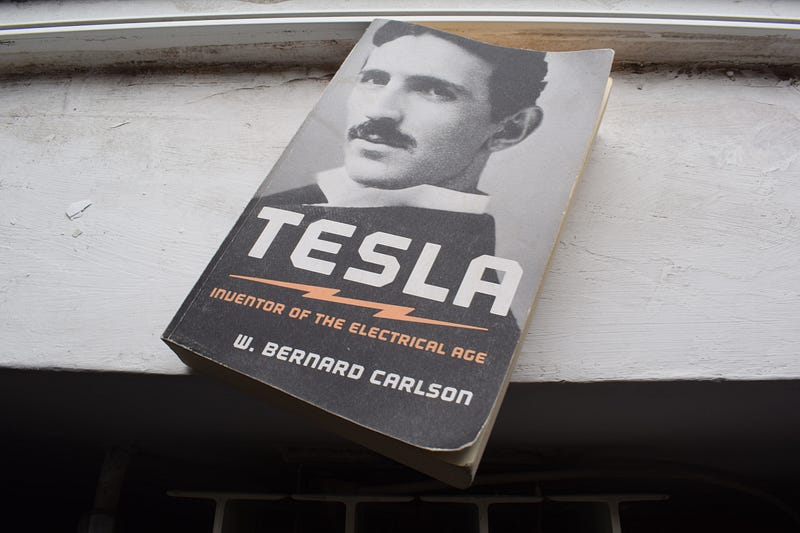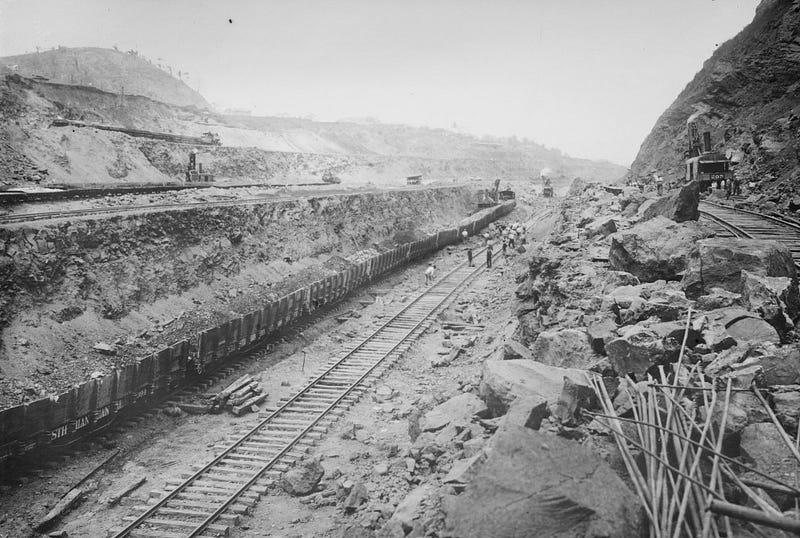Titans of Industry: Unsung Heroes of Modern Innovation
Written on
Chapter 1: The Forgotten Innovators
Many of us are unaware of the influential figures who have shaped our modern world, akin to the tragic tales of celebrities like James Dean and Paul Walker. While their stories are well-known, the legacies of these industrial titans remain largely untold.
Section 1.1: Nikola Tesla - Visionary of Electricity
Tesla is often hailed as the pioneer of the electrical era, yet he faced immense skepticism regarding his groundbreaking inventions. Renowned contemporaries such as Edison and Westinghouse frequently dismissed his ideas.
In 1898, Tesla unveiled his revolutionary invention: a remote-controlled boat. Despite doubts, he demonstrated its functionality to an audience at Madison Square Garden. He also famously illuminated a room filled with light bulbs from a distance of 25 miles. His aspirations were vast, including concepts for a global communication network that remained unacknowledged in his time.
Upon returning to New York in 1900, Tesla embarked on constructing a wireless broadcasting tower in Long Island, financed by J. Pierpont Morgan. Tesla secured the funding by offering 51% of his patent rights related to telephony and telegraphy. He envisioned a world connected through images, messages, and alerts. Unfortunately, financial turmoil and Morgan’s withdrawal led to the project's abandonment, marking a significant setback in Tesla’s career.

Section 1.2: J. Pierpont Morgan and Theodore Roosevelt - The Panama Canal
In the early 20th century, the Panama Canal emerged as a symbol of American ambition. Spearheaded by President Theodore Roosevelt, this monumental project aimed to bolster U.S. influence globally, particularly in the Pacific region after the Spanish-American War. The canal was pivotal in connecting U.S. commercial interests in the Atlantic and Pacific, reflecting the nation’s evolving global power dynamics.

Chapter 2: Herbert Hoover - The Humanitarian Leader
In the summer of 1914, Belgium, a hub of industry and trade, found itself engulfed in conflict as Germany invaded. Amid this crisis, Herbert Hoover emerged as a pivotal figure in humanitarian aid.
A seasoned mining expert, Hoover had traveled extensively, honing his skills in various countries. In 1914, he was approached by a Belgian delegation seeking assistance in delivering food to civilians. Hoover organized the logistics, ensuring the safe transport of 11.4 billion pounds of food to affected populations throughout the war.
His efforts spanned four years, raising the question: do we see similar humanitarian leadership today in global crises such as Ukraine or the Israel-Palestine conflicts? The quest for modern humanitarians is indeed challenging.
The first video titled "Champions of Breakfast" delves into the influential figures who have significantly impacted breakfast culture.
The second video, "The Men Who Built America: A New War Changes the Country Forever (S1, E1)," examines the transformative events and individuals that shaped America's rise as a global power.
Jo Ann Harris, an author and lifelong learner, reflects on these stories, emphasizing that the world needs visionaries who can make a difference in today’s complex landscape.